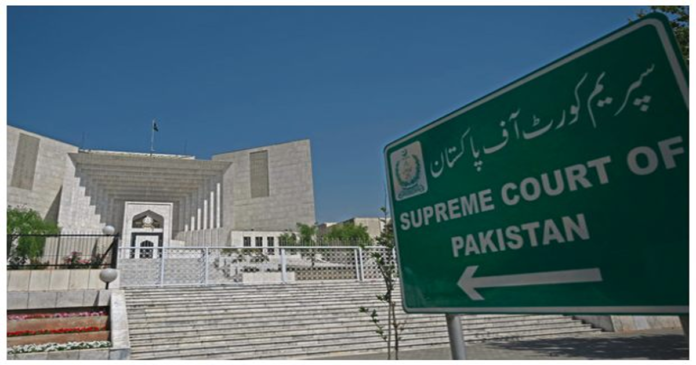The Supreme Court (SC) deferred judgement on Imran Khan, the chairman of the Pakistan Tehreek-e-Insaf (PTI), who had filed a plea against changes to the National Accountability (NAB) Ordinance.
SC reserves verdict on Imran’s petition: According to Pakistan’s Chief Justice (CJP), Umar Ata Bandial, the bench will later announce the verdict’s date.
Soon, the SC will release a succinct ruling, he said.
The CJP had mentioned during the previous hearing that the revisions had done away with the evidence obtained through mutual legal assistance (MLA).
The CJP claimed that the changes had eliminated the status of evidence gathered in accordance with MLA, potentially increasing the cost to NAB.
He stated that evidence gathered from outside the country was now illegal under the law, which created questions about who would gain from these developments.
The chief justice remarked, “NAB will now need to provide its own services there, which will be costly.” He also noted that reports of properties from outside, aside from those owned by MLA, have also surfaced, but such properties are not allowed by law.
He stated that the data obtained from outside by the Federal Bureau of Revenue (FBR) are not admissible as evidence in court.
The National Assembly voted bills to repeal the NAB laws, i-Voting, and electronic voting machines (EVMs) used by the PTI government to give abroad Pakistanis the ability to vote in May of last year.
modifications to the bill
The NAB (Second Amendment) Bill 2021 specifies that the federal government will select the deputy chairman of the bureau, who will assume the role of acting chairman of NAB upon the conclusion of the chairman’s term.
The bill also changed the NAB chairman’s four-year term and the prosecutor general’s term from four to three years.
According to the bill, national regulatory organisations are no longer within NAB’s jurisdiction.

